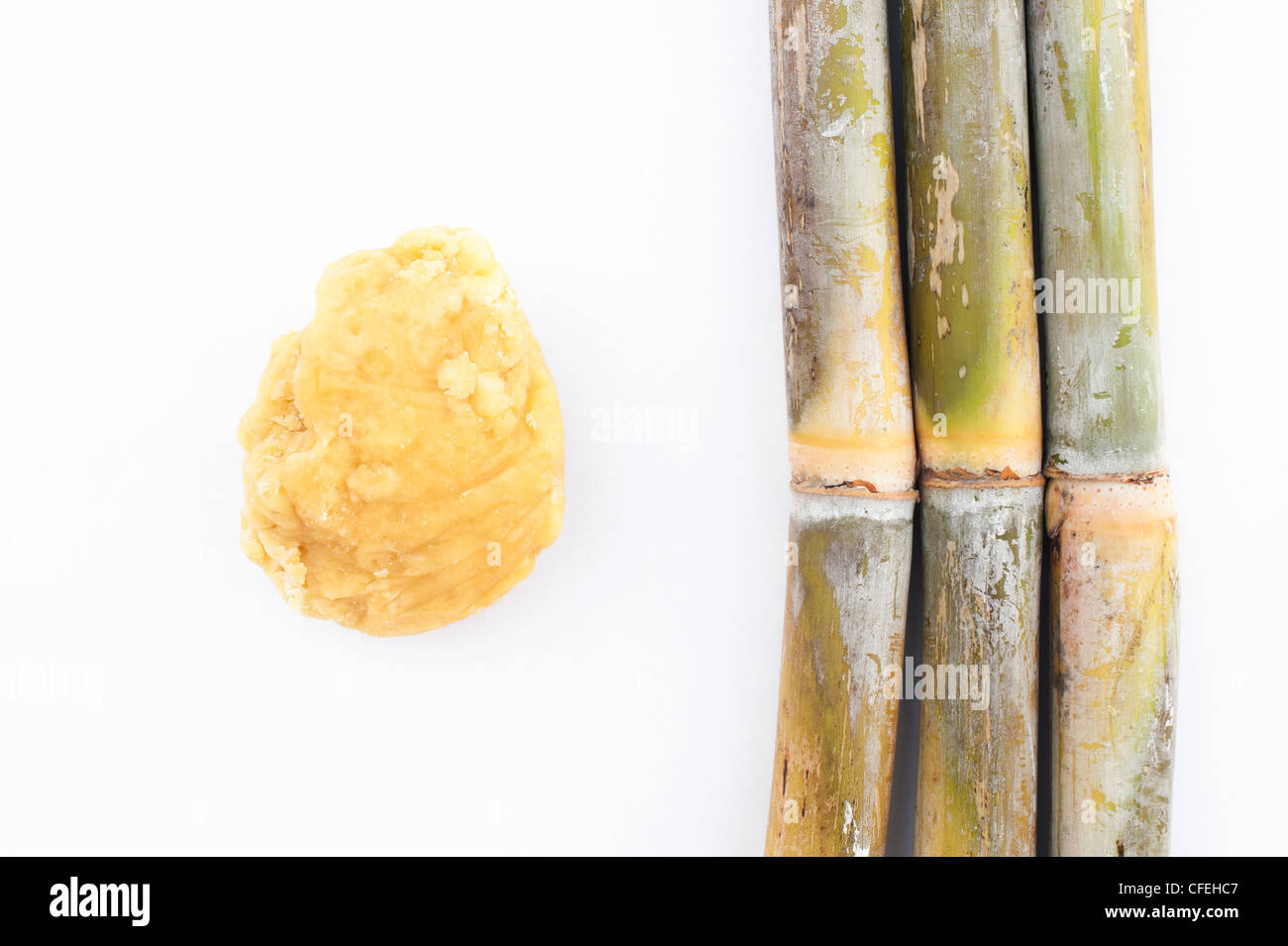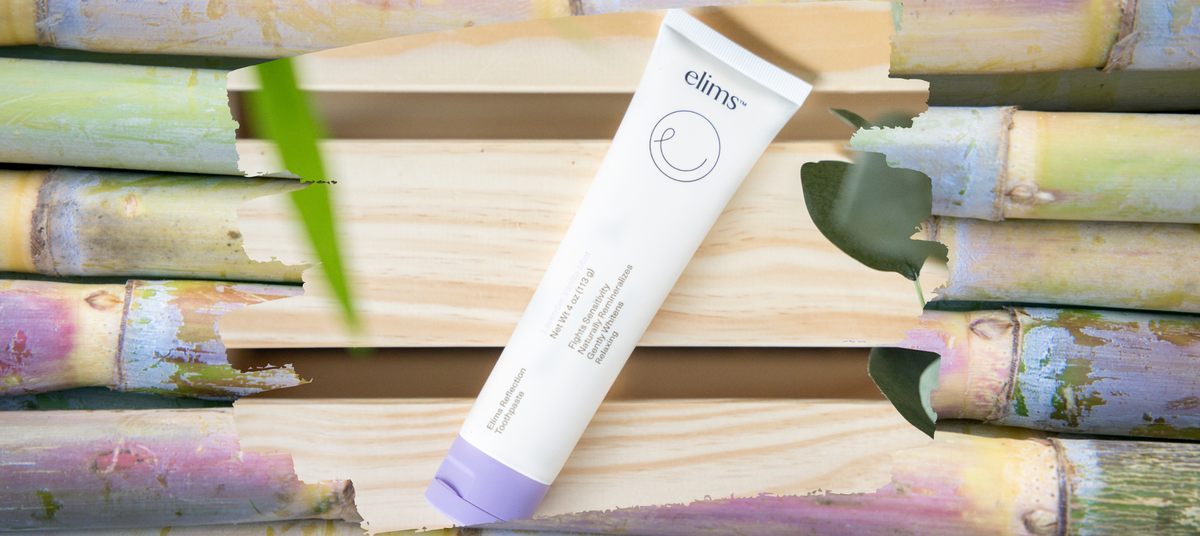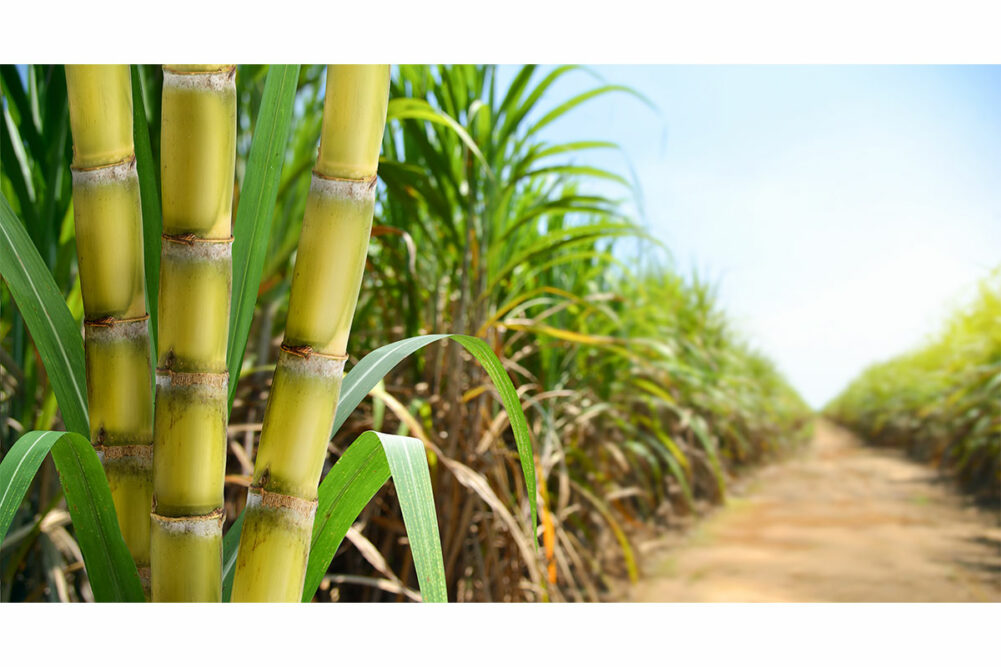Understanding the Manufacturing of Sugarcane Product for Shoppers
Sustainable Sugarcane Products: From Sweeteners to Eco-Friendly Product
The potential of sustainable sugarcane items extends past typical sugar to incorporate an array of environmentally friendly items, providing an engaging situation for their combination right into modern-day consumer practices - sugarcane product. As the world comes to grips with pushing ecological problems, sugarcane arises as a versatile source capable of attending to both dietary needs and sustainability goals. This discussion will discover exactly how advancements in sugarcane cultivation and handling can bring about substantial innovations in eco-friendly packaging and eco-conscious fabrics. What implications might these developments have for future consumer selections and ecological impact?
Introduction of Sugarcane Sustainability
As the need for eco-friendly items grows, comprehending sugarcane sustainability ends up being increasingly vital. Sugarcane, a flexible plant, is cultivated mostly in subtropical and tropical areas, and its sustainability is essential for both ecological health and financial viability. Lasting sugarcane farming techniques concentrate on lessening ecological impact while taking full advantage of performance and success.
Secret facets of sugarcane sustainability consist of efficient land use, minimized chemical input, and boosted water management. Practices such as crop rotation, integrated bug monitoring, and natural fertilizing add to soil health and biodiversity. Furthermore, ingenious modern technologies, such as accuracy farming, aid optimize resource use and reduce waste.
Furthermore, sugarcane is a renewable energy, with spin-offs that can be used in different sectors, from biofuels to eco-friendly plastics, therefore lowering dependence on nonrenewable fuel sources and lessening carbon footprints. Certifications like the Bonsucro basic encourage sustainable methods across the supply chain, advertising openness and accountability.

Sugarcane-Based Sugar
Using sugarcane as a main source, sugarcane-based sugar have actually gotten prominence as all-natural choices to polished sugars and synthetic sweeteners (sugarcane product). These sugar, obtained from the extraction and handling of sugarcane juice, provide a series of items that satisfy varied consumer preferences, consisting of organic and minimally refined choices
Raw walking stick sugar retains more of the all-natural flavors and nutrients discovered in sugarcane, making it a popular option for health-conscious customers. Panela, a traditional Latin American sugar, is generated by evaporating sugarcane juice, protecting its all-natural minerals and vitamins.
The growing demand for sugarcane-based sugar is driven by increasing understanding of wellness and sustainability issues connected with standard sweeteners. By selecting sugarcane-derived items, customers not only support lasting farming practices however likewise add to a much healthier lifestyle, aligning their dietary choices with their environmental worths.
Eco-friendly Product Packaging Solutions
Emerging as a feasible option to traditional plastics, biodegradable product packaging solutions stemmed from sugarcane are changing the product packaging sector. These ingenious materials offer an eco-friendly alternative that addresses the expanding concerns over plastic pollution. Utilizing the natural sugars discovered in sugarcane, producers are developing numerous types of eco-friendly packaging, consisting of films, containers, and covers that disintegrate much more swiftly than typical plastics.
The key benefits of sugarcane-based packaging additional resources hinge on its eco-friendly sourcing and its capacity to break down right into safe by-products. Unlike fossil fuel-derived plastics, which can persist in the environment for centuries, sugarcane packaging usually breaks down within a few months under proper problems. This decrease in waste not only reduces garbage dump overflow yet additionally decreases the carbon footprint connected with packaging products.
Furthermore, sugarcane-derived product packaging maintains durable performance attributes, offering equivalent durability and capability to standard alternatives. As organizations and customers increasingly prioritize sustainability, the adoption of biodegradable packaging remedies stands for a significant action towards a circular economy, where materials are reused and restored as opposed to thrown out. This change not only improves brand name image however additionally adds to a more lasting view it now future for the earth.
Eco-Friendly Textiles and Fabrics
Eco-friendly textiles and textiles are gaining traction in the style and home goods markets as customers significantly demand lasting choices to traditional products. Among the remarkable choices are textiles derived from sugarcane, which use an eco liable option to artificial fibers. These textiles are created with a procedure that makes use of the renewable energies located in sugarcane, significantly reducing dependence on petroleum-based products.

As the market for lasting textiles increases, consumers can look onward to ingenious designs that integrate style with eco-friendly obligation. Ultimately, green textiles and fabrics stand for a significant step toward decreasing the fashion industry's ecological footprint while catering to the expanding need for accountable customer choices.
Innovations in Sustainable Farming
Reinventing farming practices, developments in sustainable farming are changing the means plants are grown and managed. These innovations focus on reducing ecological effect while making the most of effectiveness and productivity. Strategies such as accuracy farming use information analytics and satellite images to enhance resource usage, ensuring that water, plant foods, and chemicals are applied just where needed. This targeted technique not only reduces waste yet likewise boosts crop returns.

In addition, agroecology, which integrates environmental principles right into farming, advertises biodiversity and dirt health. Practices such as crop rotation, cover cropping, and intercropping foster durable ecological communities that can endure parasites and environment variants - sugarcane product. Additionally, making use of natural fertilizers and biopesticides adds to much healthier dirts and communities

With each other, these technologies are not only improving the agricultural landscape yet also contributing to an extra lasting future for sugarcane and other crops, aligning farming experiment environmental stewardship.
Conclusion
Lasting sugarcane products represent a substantial development in eco-friendly options, extending from natural sugar to biodegradable products. As customer preferences progressively lean in the direction of sustainable options, the versatility of sugarcane as a renewable resource becomes progressively relevant.
The possibility of sustainable sugarcane products prolongs beyond traditional sugar to incorporate an array of green goods, offering a compelling instance for their combination right into modern customer practices. Lasting sugarcane farming techniques focus on minimizing ecological impact while taking full advantage of efficiency and profitability.
Lasting sugarcane items stand for a significant innovation in environmentally friendly choices, extending from all-natural sweeteners to biodegradable goods. The farming of sugarcane via lasting techniques not just boosts ecological wellness however likewise contributes to economic stability. As customer choices increasingly lean towards sustainable choices, the convenience of sugarcane as a renewable source becomes progressively pertinent.